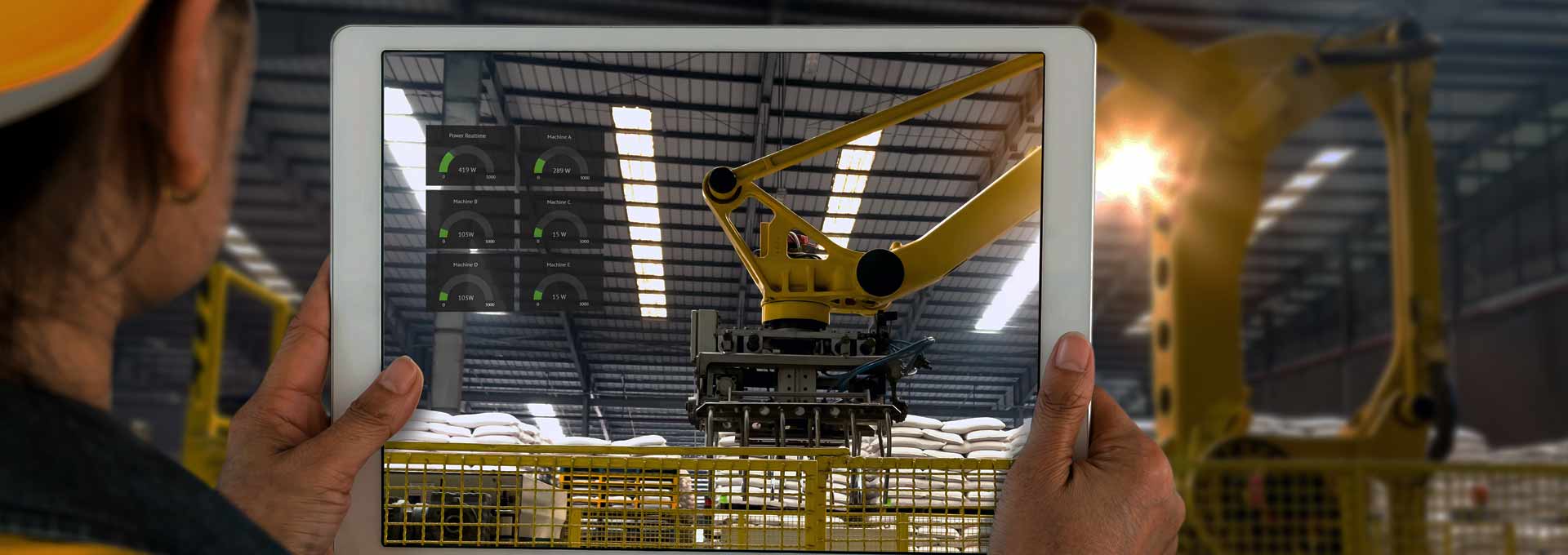Since the start of the first industrial revolution,
manufacturing seems to have been the driving force in pushing industrial transformation forward. Today, we are in the middle of the fourth industrial revolution, with a new generation of technologies transforming manufacturing into a connected, intelligent and far more productive industry. Traditional
factories are now becoming smarter, with tech-savvy workers, aided by artificial intelligence are now creating ‘
products and services of the future’.
Microsoft’s ‘2019 Manufacturing Trends Report’, looks at 6 macro-level trends for 2019 that will define intelligent manufacturing.
1. OT/IT convergence
In 2018, Impulse examined the importance of integrating OT/IT systems (here), and it looks like the buzz around this topic is set to continue in to 2019. According to the report ‘businesses will face increased pressure to meet changing customer demands, including those for faster fulfilment and greater transparency. To do this, manufacturers will be forced to integrate their systems, including IT and OT systems, as well as integrating new and legacy systems’.
2. The rise of Xaas
New demands driven by the growth of the X-economies, such as on-demand services, will force manufacturers to re-evaluate their value chain to optimise performance and better meet customer expectations. As a result, manufacturers will seek tighter control over their value chain, including sales, which will push an increasing number of brands to explore direct-to-consumer options.
3. Intelligent manufacturing
Historically, manufacturing has been driven by technology, and in 2019 technology is set to become even smarter. With the cloud, IoT, AI and machine learning capabilities that deliver instant intelligence, ‘manufacturing supply chains will become more intelligent as well’.
4. Manufacturing technology will evolve
Technology is set to become smarter, safer and more efficient than in previous years, and according to Microsoft ‘digital twins will provide manufacturers with an inexpensive way to test new products and environments and monitor products remotely’. Other innovations set to improve workflows and unlock new product opportunities are autonomous devices, advanced materials and AR/VR.
5. Evolving workforces
Manufacturers facing a skills gap must innovate in order to keep up with the expectations and demands of the emerging workforce. In order to attract the tech-savvy engineers of today, whilst also looking to re-train existing employees to meet labour demands.
6. An age of uncertainty
We left 2018 with much uncertainty, and according to the report, 2019 will be no different. From Brexit to data protection, ‘manufacturers must navigate muddy waters through a turbulent, highly-politicized environment’.
